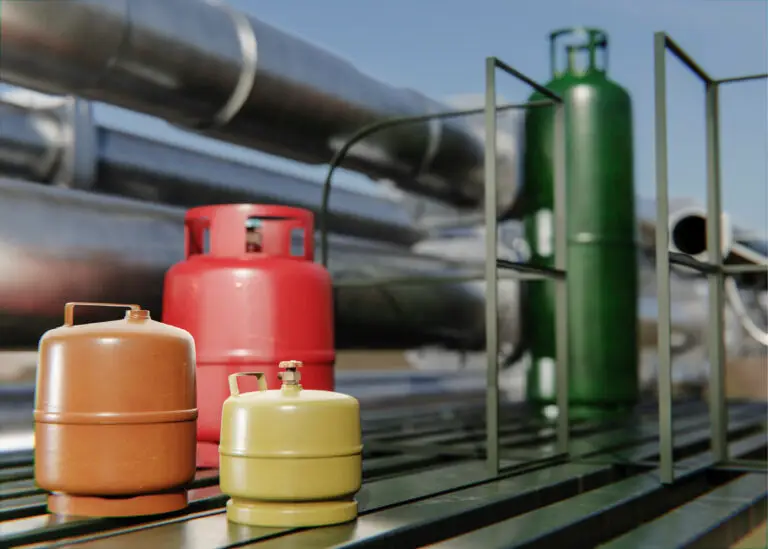
Propane-Powered Forklifts: Productivity Boosts in Warehousing
Propane-Powered Forklifts: Productivity Boosts in Warehousing Warehousing is the backbone of global supply chains in the modern era, and forklifts are the power source that drives them. Among the numerous types of forklifts to select from, propane-powered forklifts excel at

